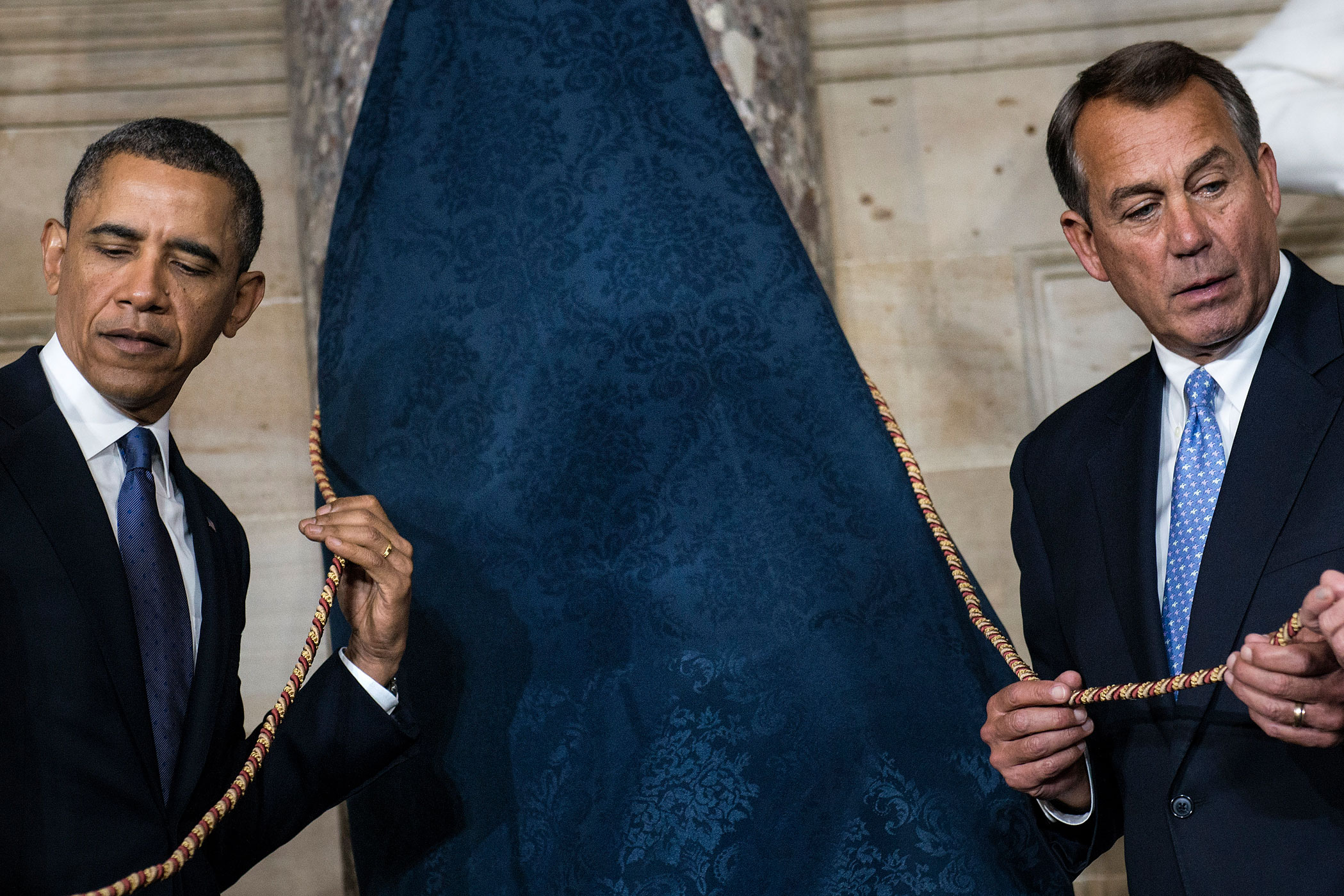
Each month, LightBox profiles a notable wire photographer in recognition of the brave and tireless work of these often unsung photojournalists. For October, in light of the recent government shutdown, we acknowledge the work of Brendan Smialowski, who shoots for AFP (Agence France-Presse).
Staged political scenarios — briefings, press conferences, state dinners and the like — account for a huge number of the professional photographs made each and every day around the globe. And while pictures of a president at a podium or a glum politician in a committee hearing very rarely feel as compelling as photos of armed conflict or natural disasters, it is in these profoundly mundane situations that photographer Brendan Smialowski excels. The 32-year-old AFP staffer’s work consistently brings a wholly unexpected nuance and visual depth to the often bland and predictable world of big-time politics.
Each wire agency typically has at least one photographer in the “pack,” as Smialowski calls the environment where shooters are working shoulder-to-shoulder with their colleagues — the competition.
“It’s difficult to separate yourself physically, let alone visually,” he told TIME. This is where risk-taking and relying on one’s instincts come in to play. Smialowski says he often ends up on the opposite side of the event from his colleagues. “It’s a good way to get a different picture,” he said, “but it’s also a good way to shoot yourself in the foot.”
Working for a foreign wire service covering American politics, he says, offers him more flexibility to try new things. “His style doesn’t necessarily fit news agency standards, but as a photo editor at AFP, I like it that way,” Eva Hambach, AFP Deputy Photo Director for North America, noted to TIME.
While even hardened news junkies often stop following day-to-day politics in non-election years, Smialowski prefers to cover this seemingly fallow period precisely because of the variety of news on offer. Although elections decide who runs the country, “what happens in between those four years can last a lot longer than an actual administration,” he said. The D.C. news cycle can be “overwhelming,” he admits, but he strives to make images that grab people’s attention.
The Washington news cycle was dominated by two non-election stories this past month: America’s response to Syria’s use of chemical weapons and the federal government shutdown. Smialowski photographed all of it.
“It’s interesting how parts of stories all around the globe can be told from Washington,” he said of covering the Senate hearings on Syria. But monotonous stories like the shutdown can be visually frustrating for photographers. “I have found it difficult to go beyond making photos of record,” he notes, “but that doesn’t change the fact that this story is perfect for making the great nuanced story-telling photos I dream of.”
With politics comes pageantry, of course, and as a photographer, Smialowski admits, it’s easy to get caught up in the spectacle. But it’s important to avoid getting carried away. “With the White House, or any major image-conscious organization, everything is controlled, so you only get glimpses of what might actually be happening,” he said. “It’s in those moments that aren’t actually part of the production when you might have a chance at making a genuine image.”
Despite its calculated nature, Washington is not immune to surprise. Last week, Smialowski found himself in the Capitol at the time of the shooting — an action that immediately locked down the building and severely restricted the movement of those inside. “A challenge covering spot news on the Hill, or any secure place, is staying ahead of the lockdown,” he said. “It is very easy to stop to make a photo and get trapped.”
Smialowski studied ancient history at the University of Missouri. He pointed out that the knowledge we have of some pre-historic societies is gleaned from drawings on pots. He hopes his photos will survive, as well, to “give somebody a little more than just a news story that died — a story whose shelf life was limited. You want to give them a taste of what it was to be [present] when this picture was taken.”
Brendan Smialowski is a staff photographer with AFP based in Washington D.C.
Tanner Curtis is an associate photo editor at TIME.com. Follow him on Twitter @tannercurtis.
This feature is part of TIME’s ongoing spotlight on wire photographers. See our previous profiles on European Pressphoto Agency photographer Ali Ali and Associated Press photographer Muhammed Muheisen.
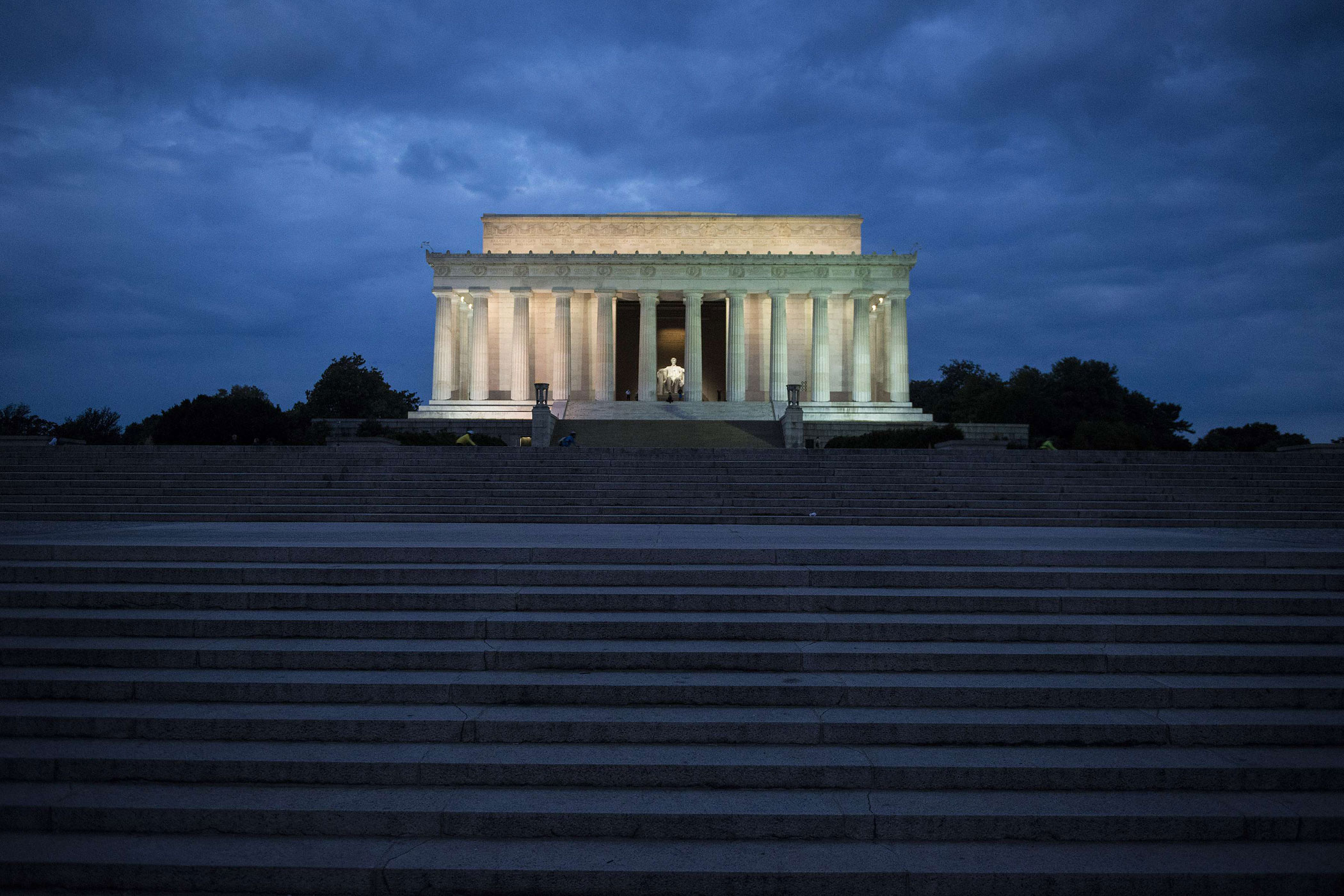
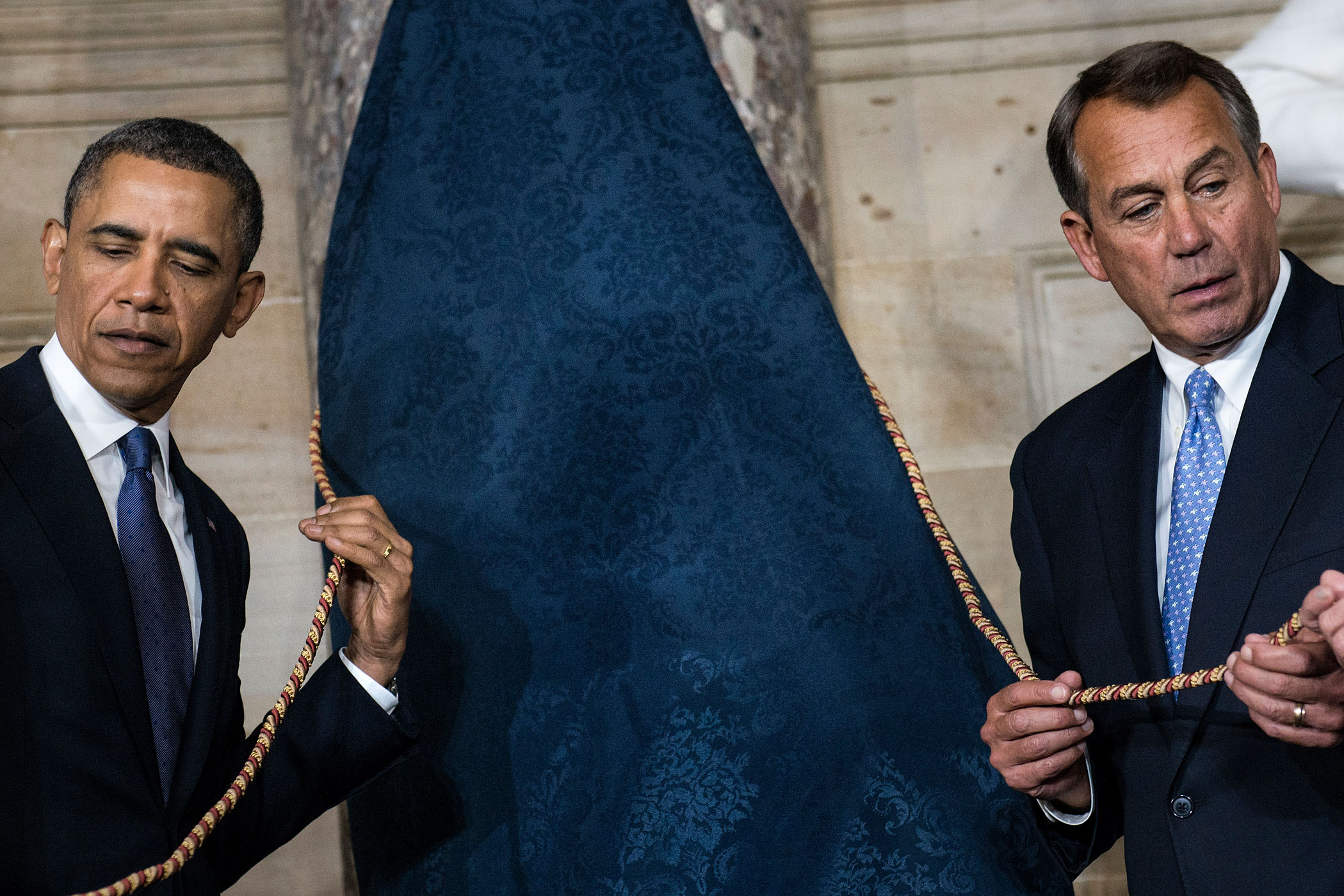
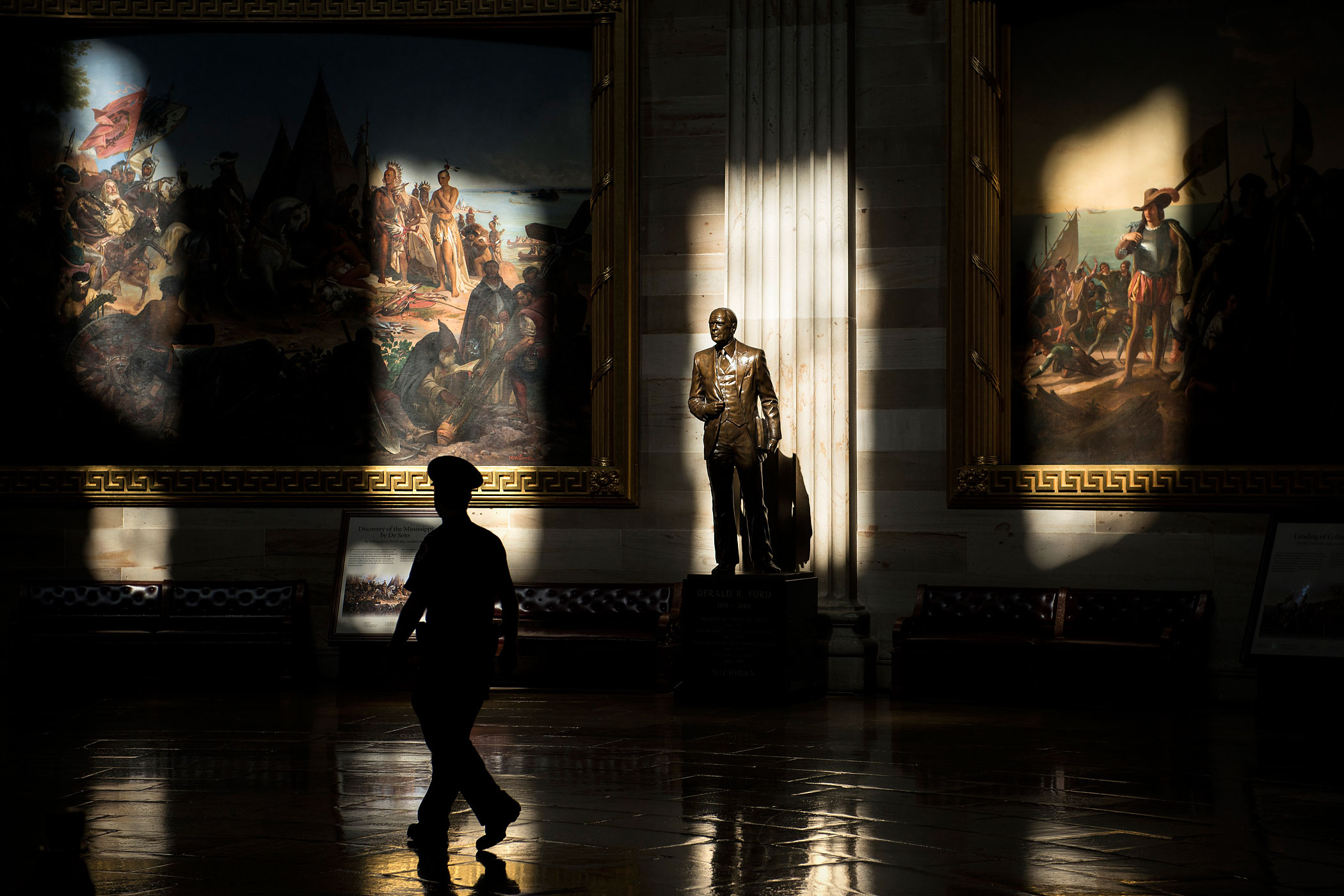
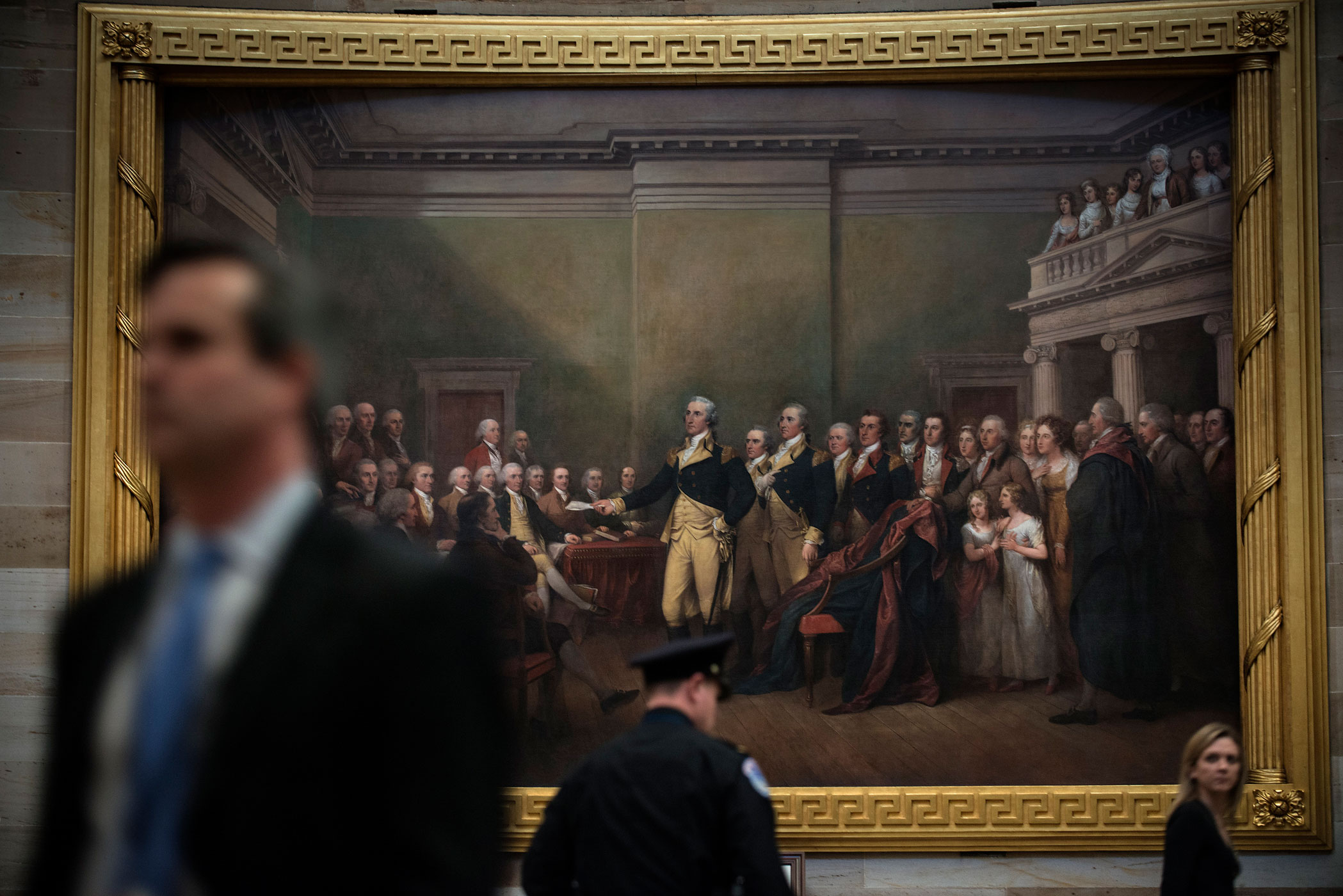
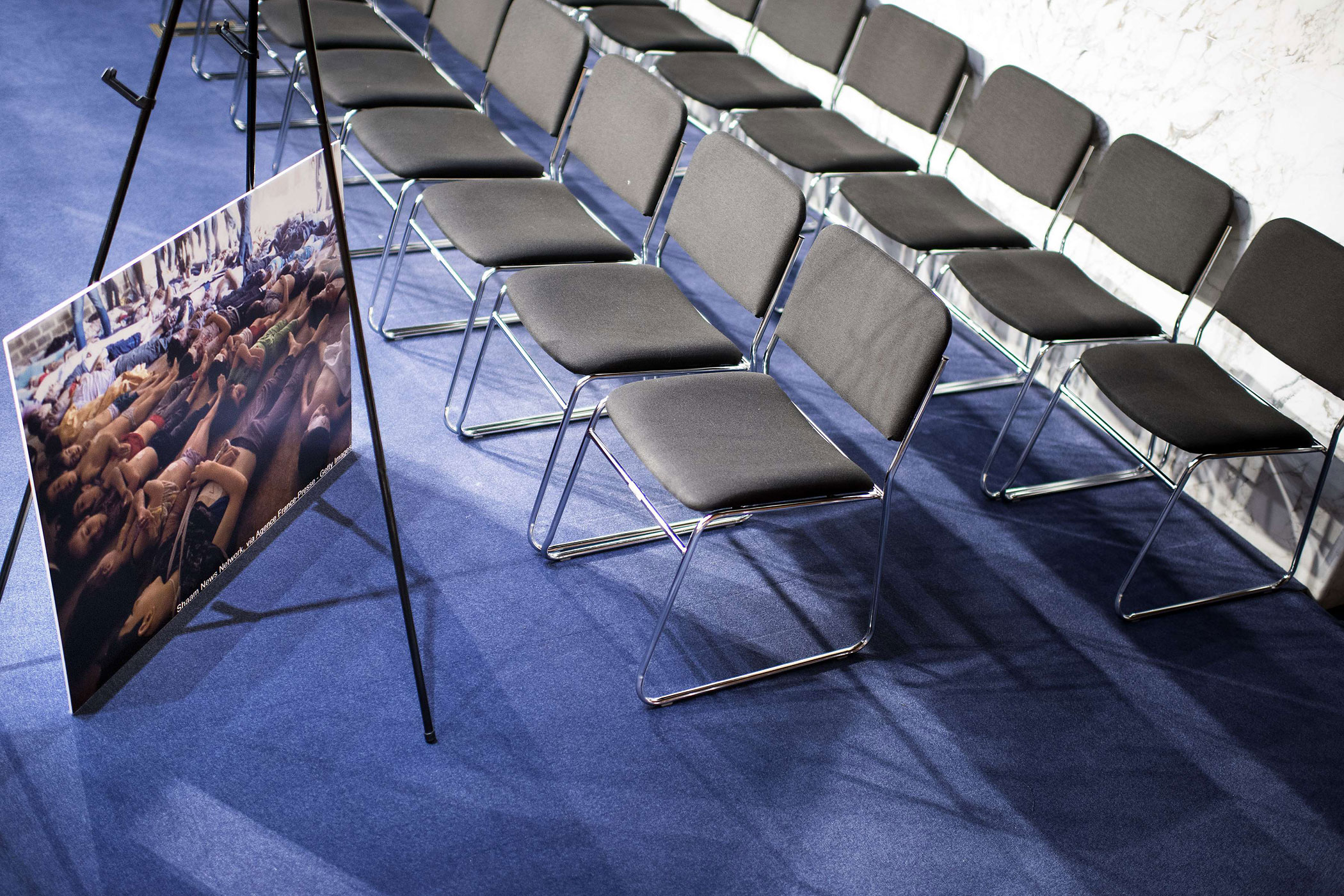



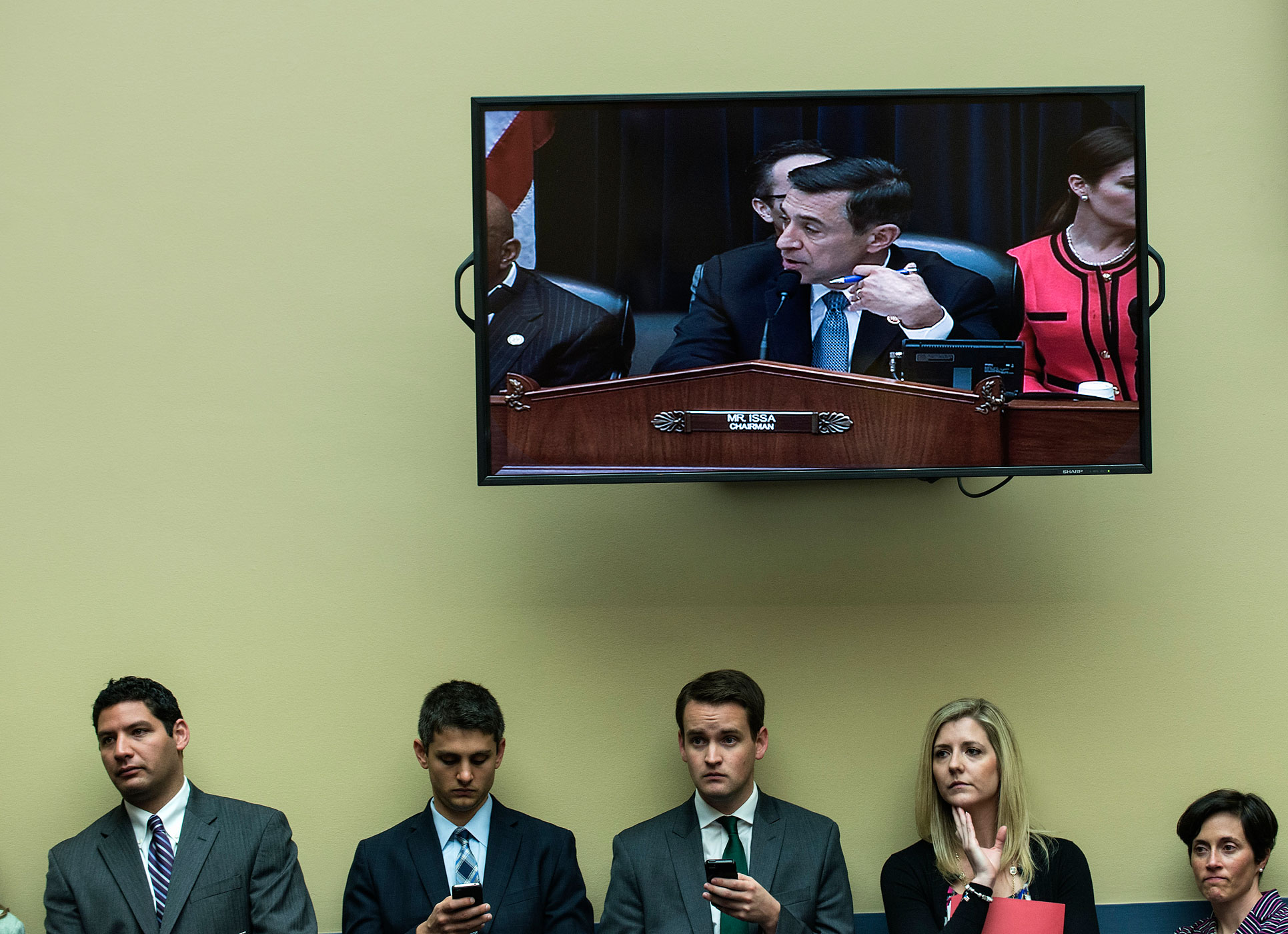
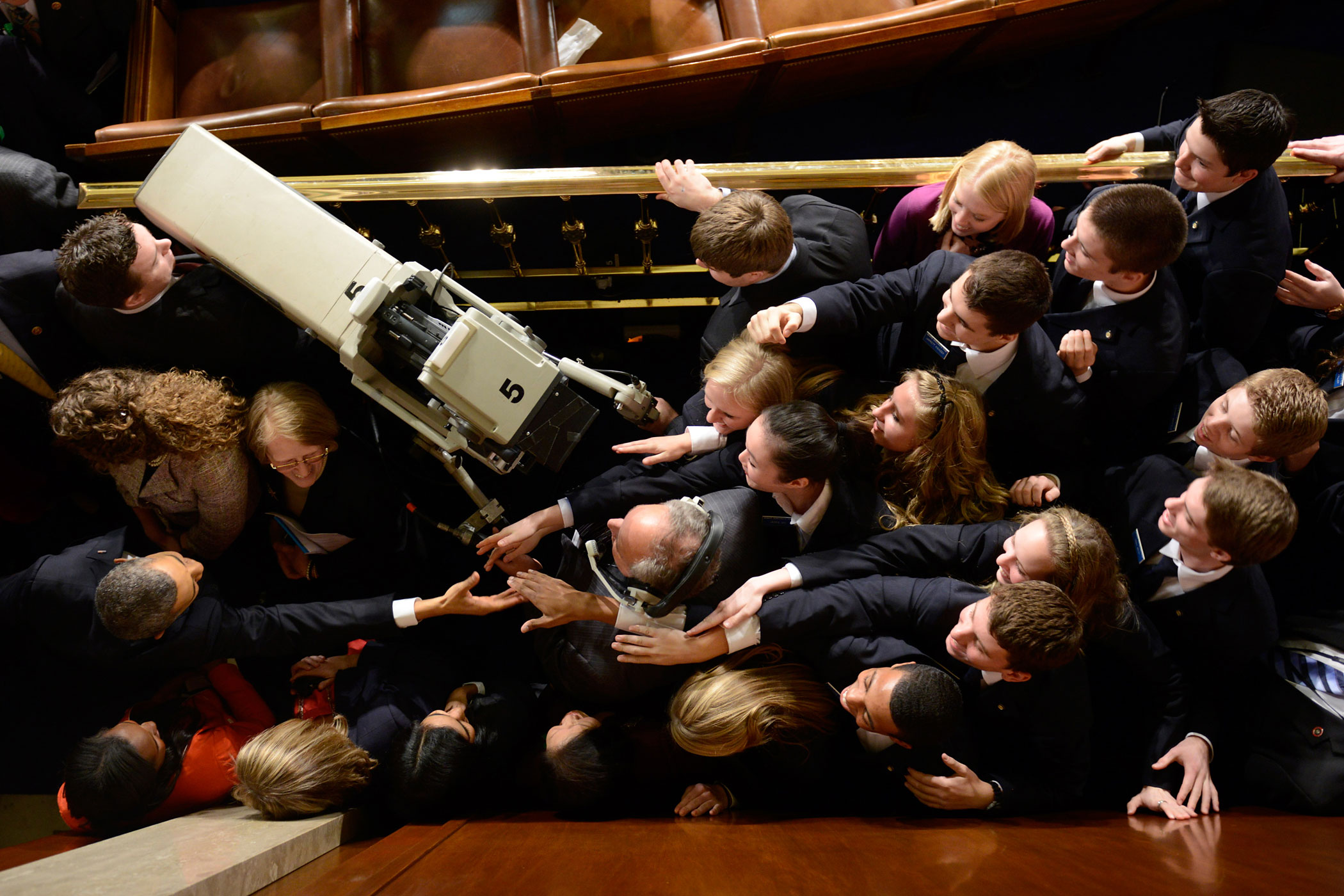
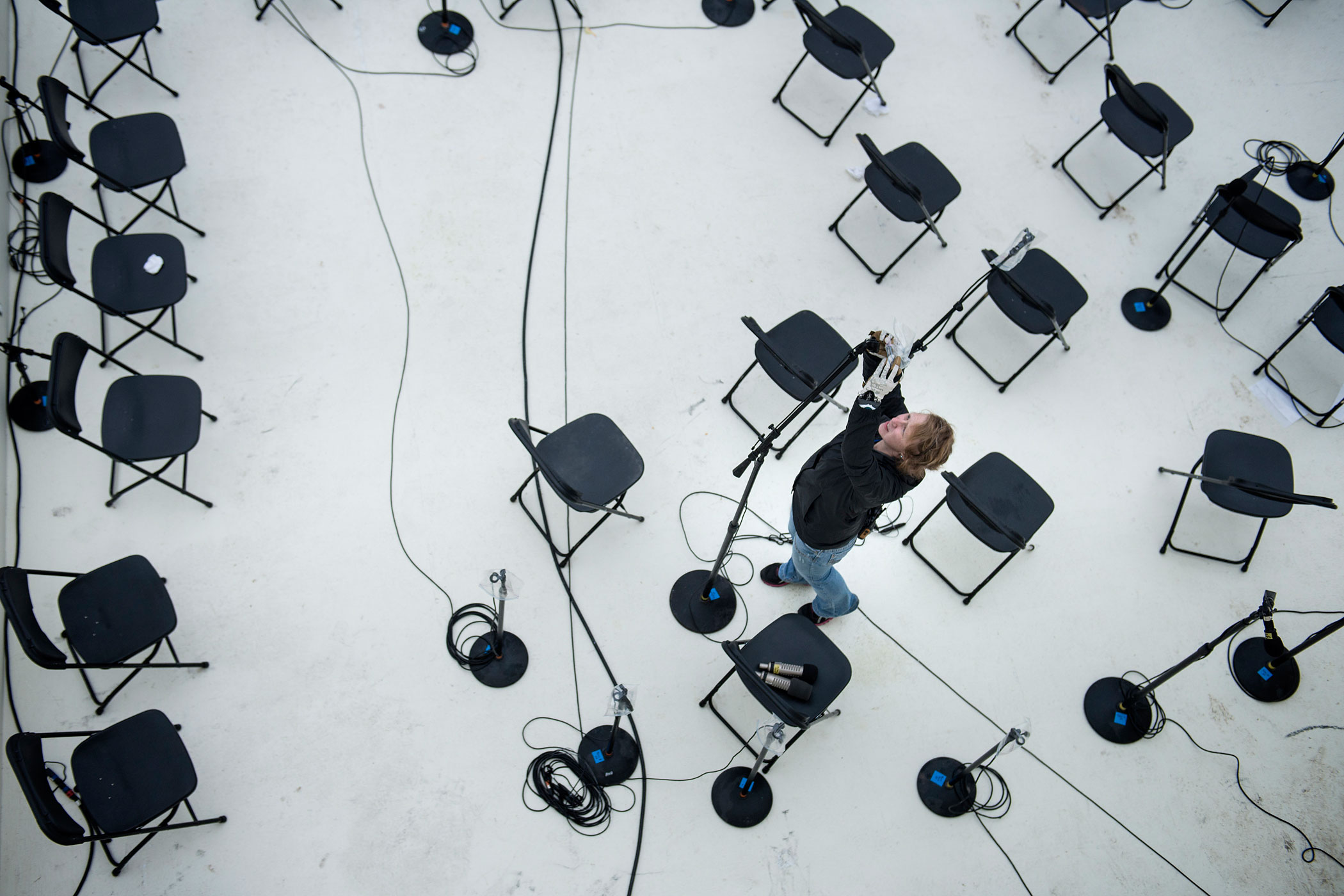
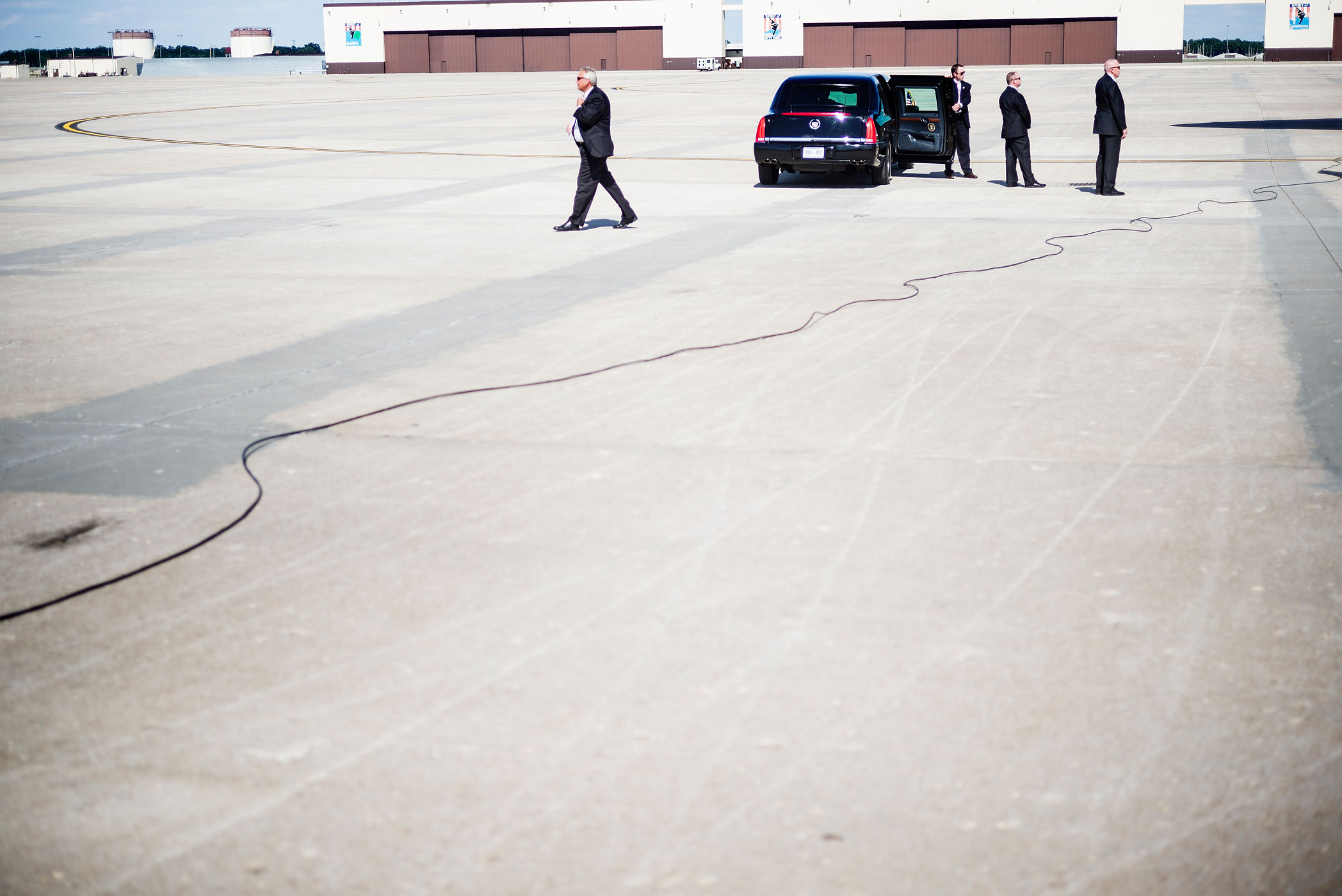

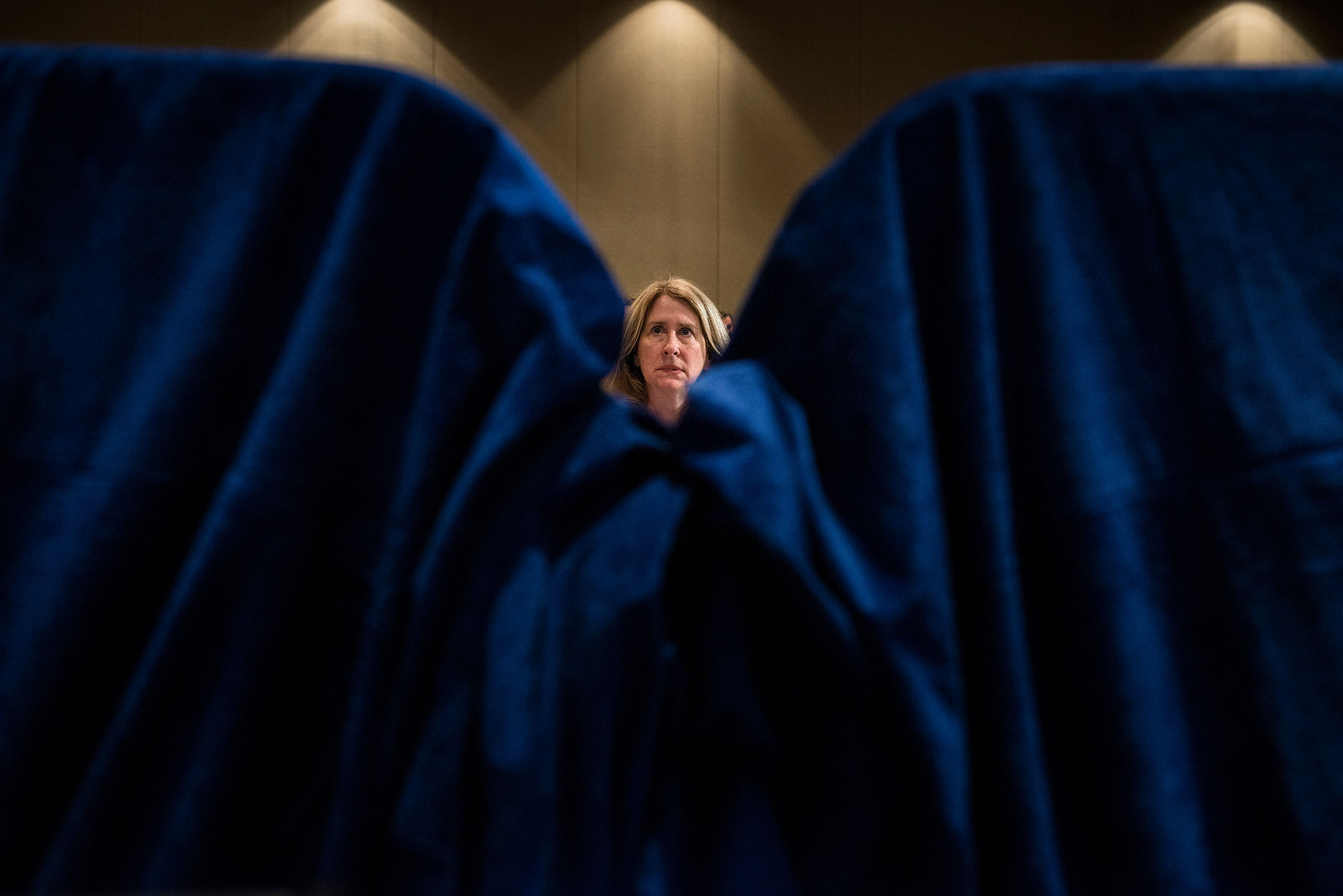
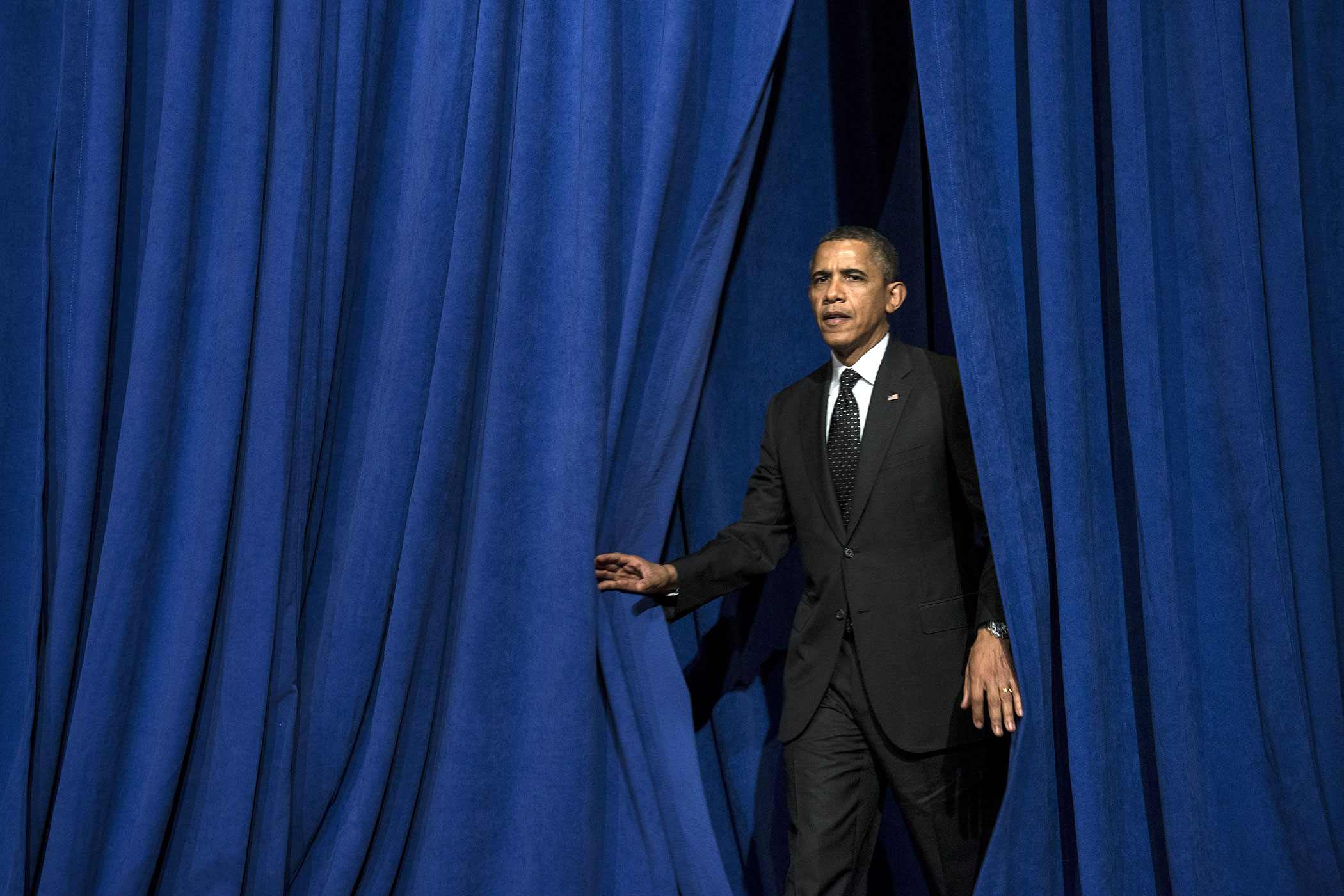
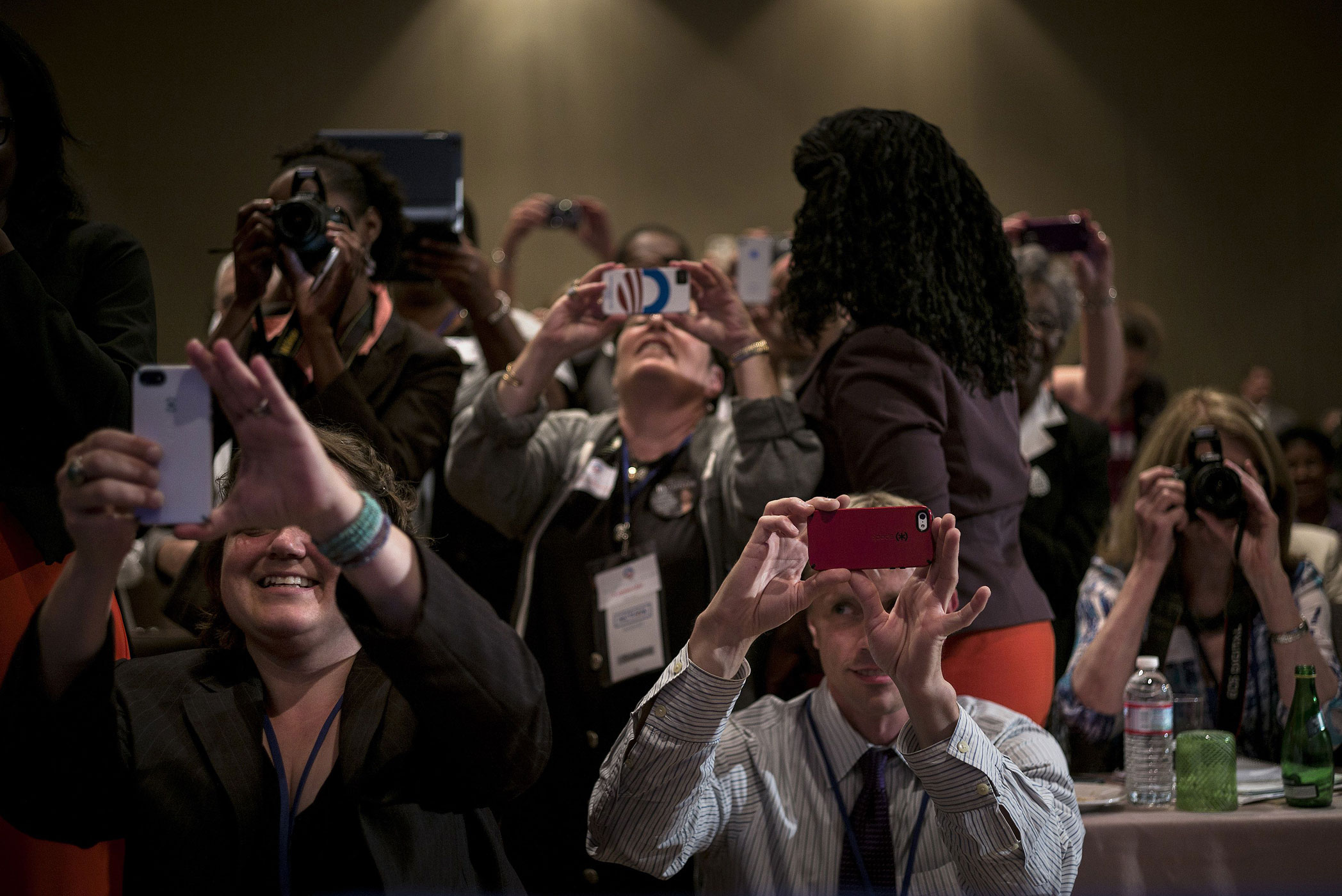



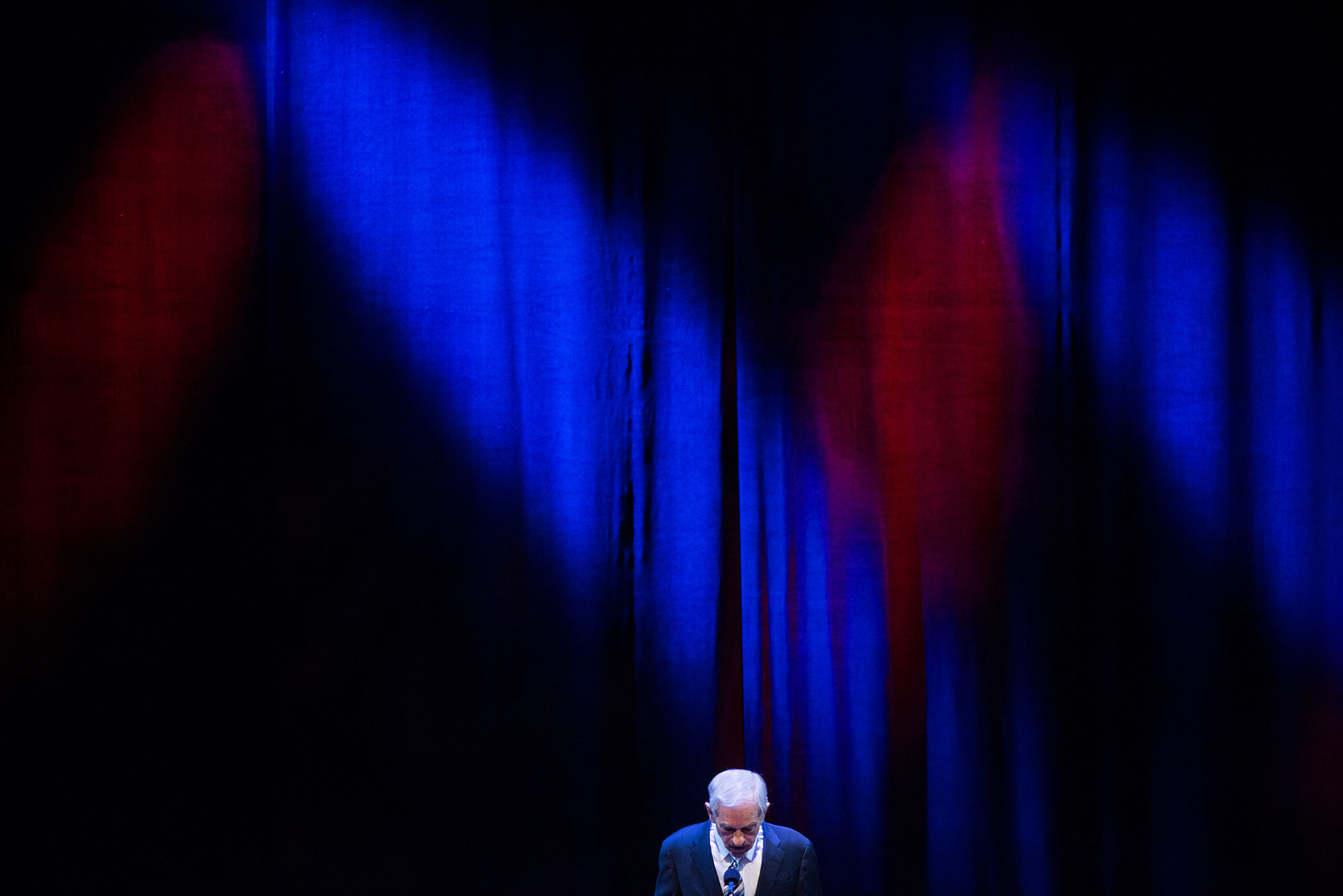
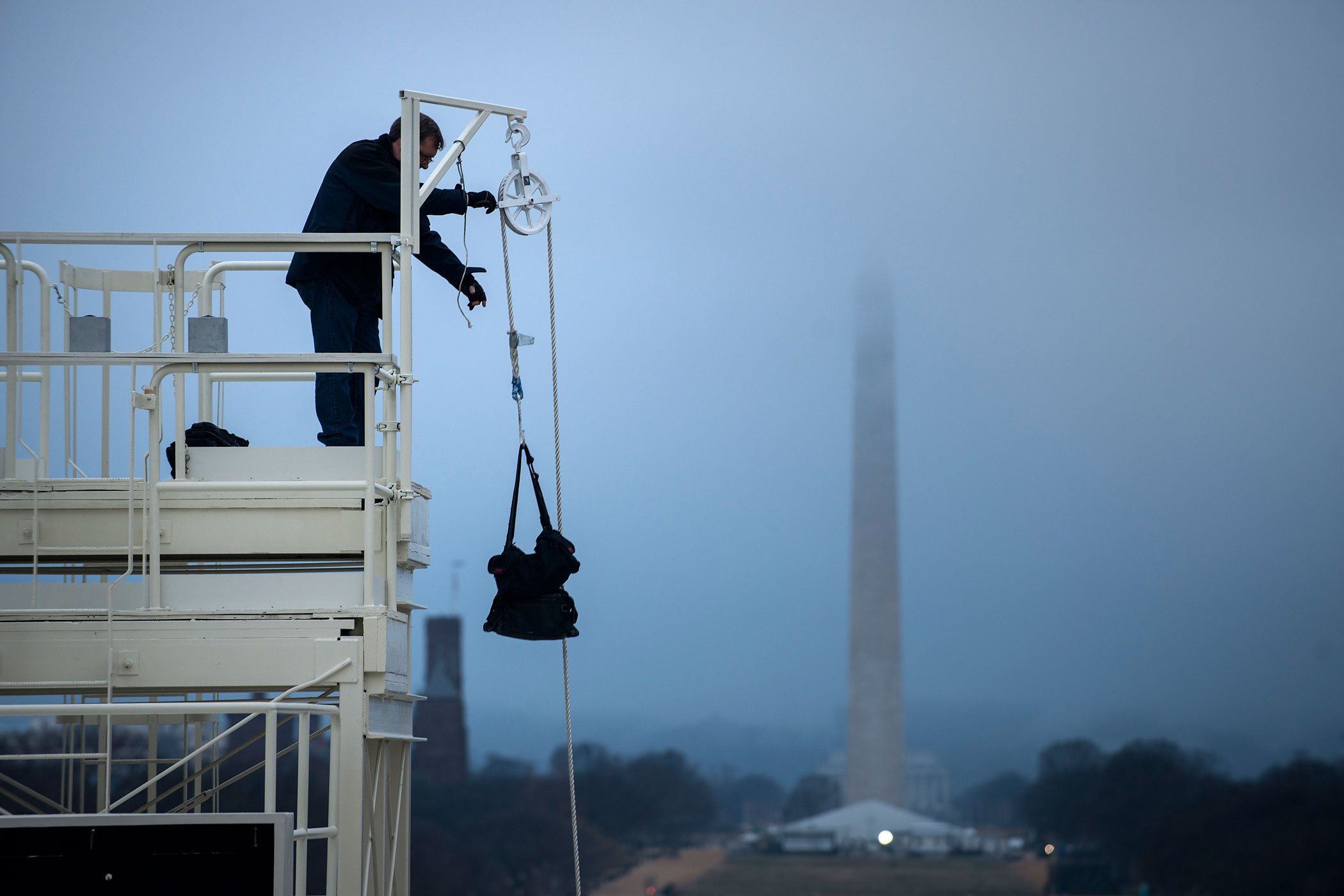
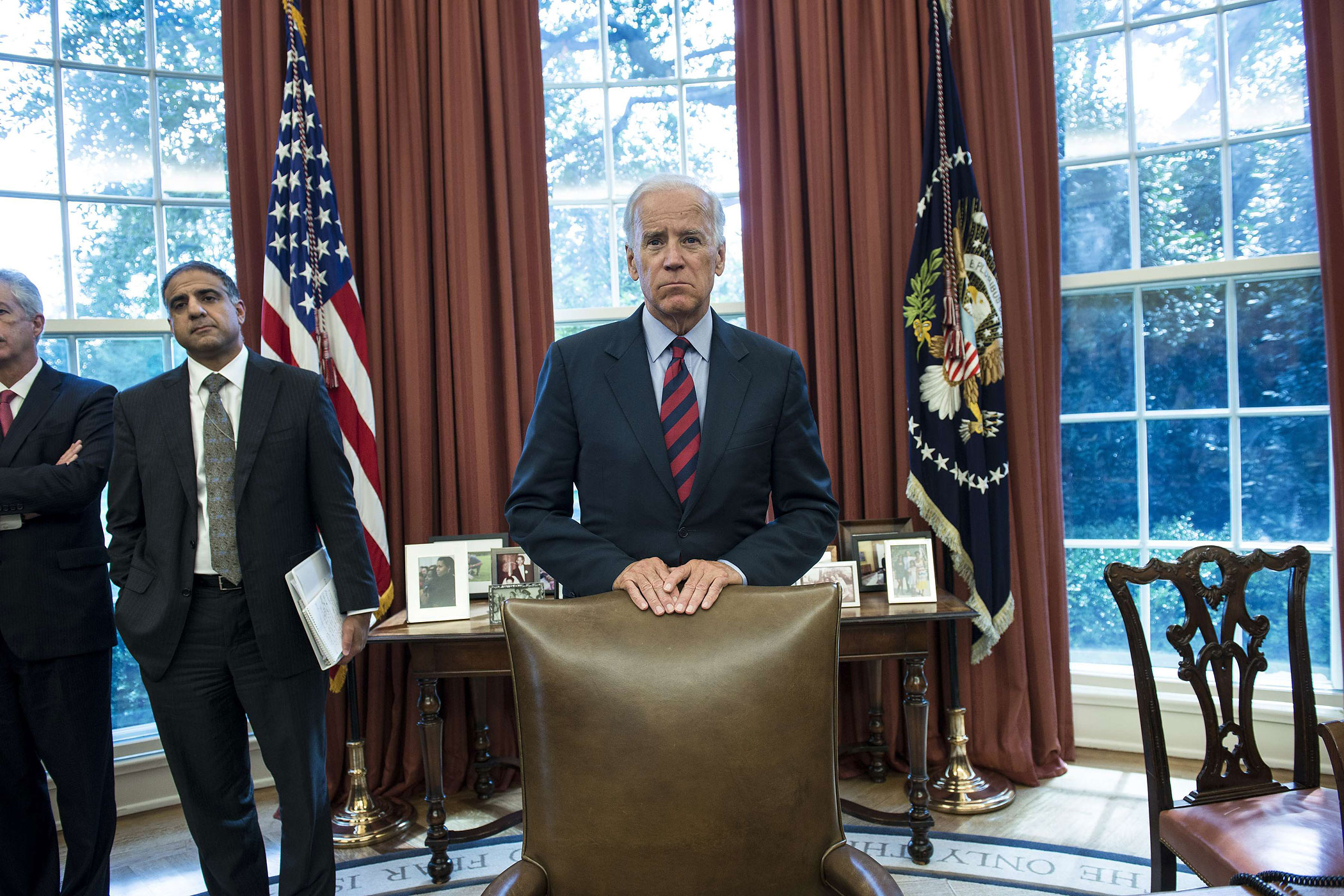
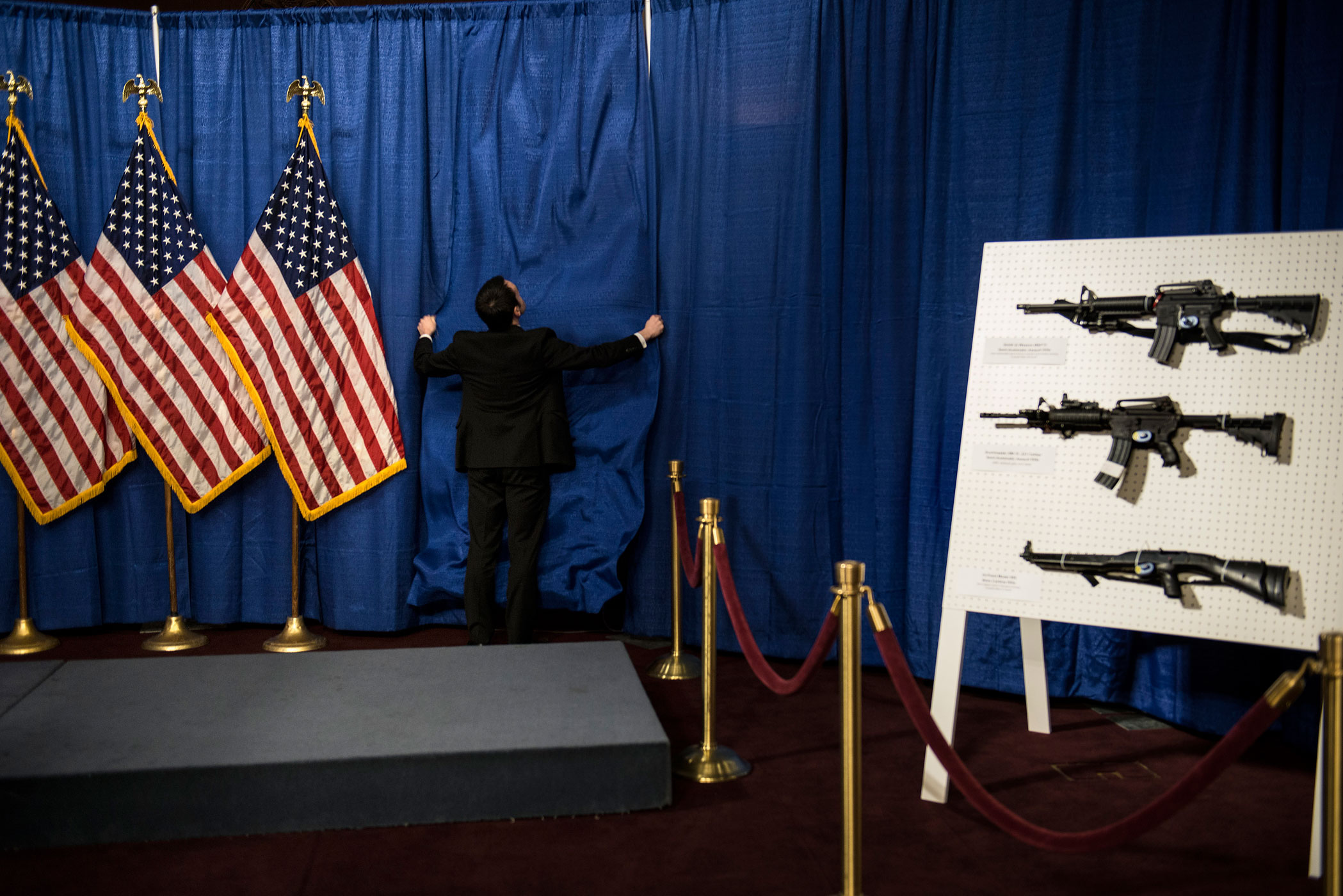

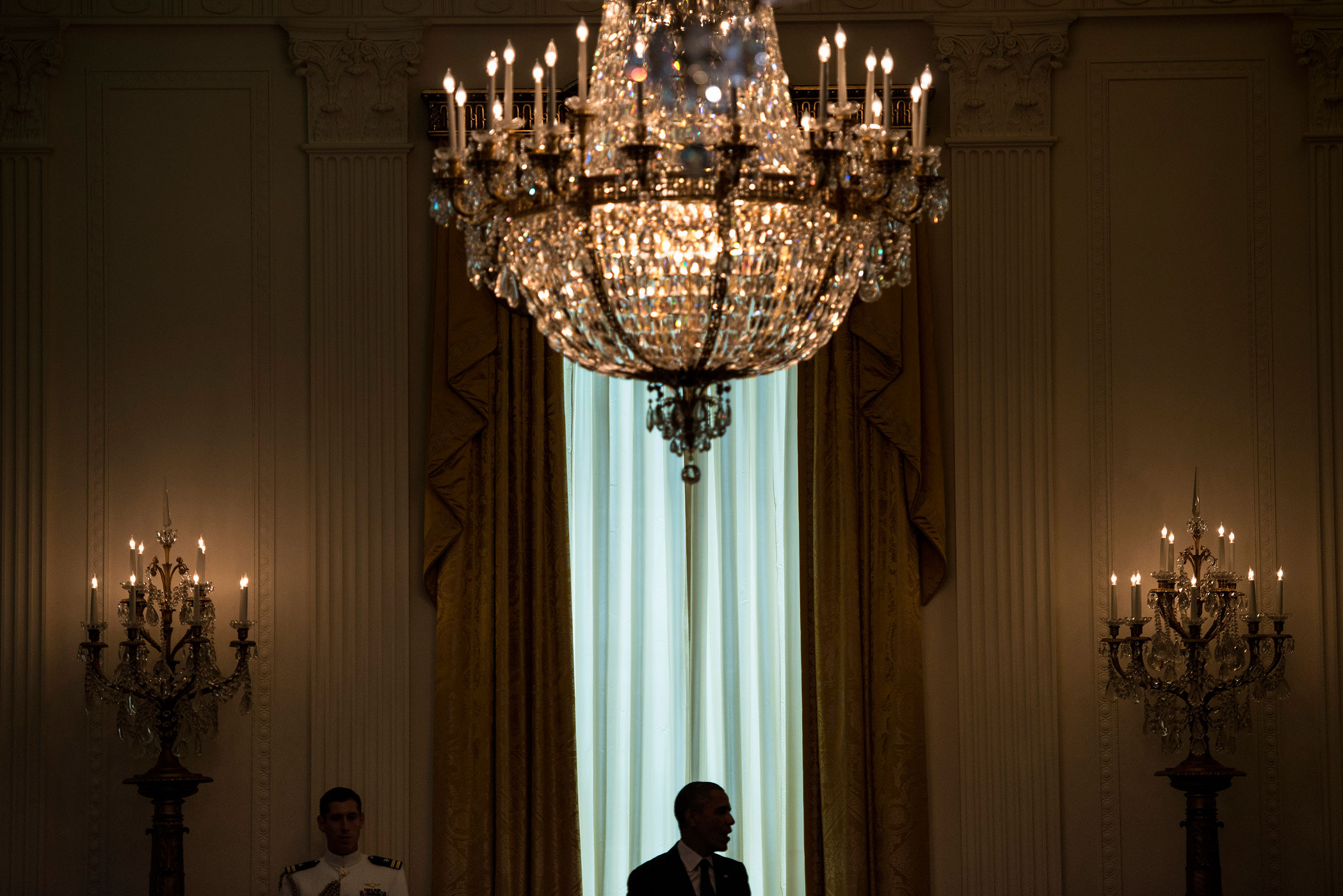
More Must-Reads From TIME
- What Student Photojournalists Saw at the Campus Protests
- How Far Trump Would Go
- Why Maternity Care Is Underpaid
- Saving Seconds Is Better Than Hours
- Welcome to the Golden Age of Ryan Gosling
- Scientists Are Finding Out Just How Toxic Your Stuff Is
- The 100 Most Influential People of 2024
- Want Weekly Recs on What to Watch, Read, and More? Sign Up for Worth Your Time
Contact us at letters@time.com